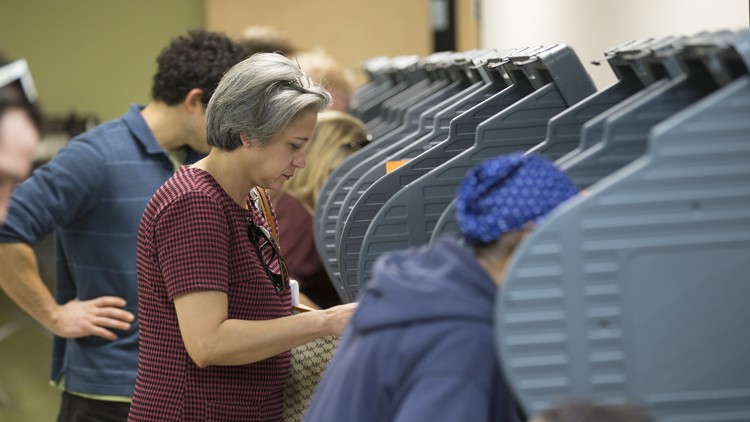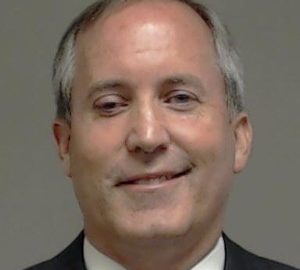A federal judge has given Texas officials 45 days to correct an online voter registration system that was found to violate federal law, rejecting state arguments that the ordered changes cannot be accomplished before Dec. 1.
U.S. District Judge Orlando Garcia of San Antonio said the tight deadline was justified because the November election is looming, state officials have been aware of the problem for more than two years and the proposed changes are not as difficult as portrayed by Texas Attorney General Ken Paxton.
Paxton notified the 5th U.S. Circuit Court of Appeals on Monday that he will seek to overturn Garcia’s order on appeal.
Garcia had ordered state officials to establish a system that lets Texans simultaneously register to vote when they obtain or renew a driver’s license on the Department of Public Safety website. The current system violates the National Voter Registration Act’s motor-voter provision, the judge ruled, because online users are directed to a separate page run by the Texas secretary of state, where they must download a voter registration form, print it out and mail it to their county registrar.
Garcia also ordered Texas to create a public-education campaign to inform voters about the new registration process and to make periodic reports to the Texas Civil Rights Project — which sued over the driver’s license process — to ensure compliance.
The judge had asked both sides to submit proposals to correct the situation by last Friday, and his order — signed Friday but released Monday — mirrored the Texas Civil Rights Project’s submission.
Paxton declined to turn in a correction plan and instead delivered a list of objections to the civil rights group’s proposals, saying they were unworkable and went beyond what is required by federal law.
Paxton told the judge that 45 days would not provide enough time to change online procedures, noting that the state’s current online vendor could not complete changes before its contract expires Sept. 1, and the new vendor would need 90 days to create a process.
But Garcia rejected the complaint, saying evidence submitted to his court showed that the fixes are “not only technologically feasible but (state officials) are currently capable of instituting such measures” well before the November elections.
Article by Chuck Lindell • View on Austin American-Statesman



